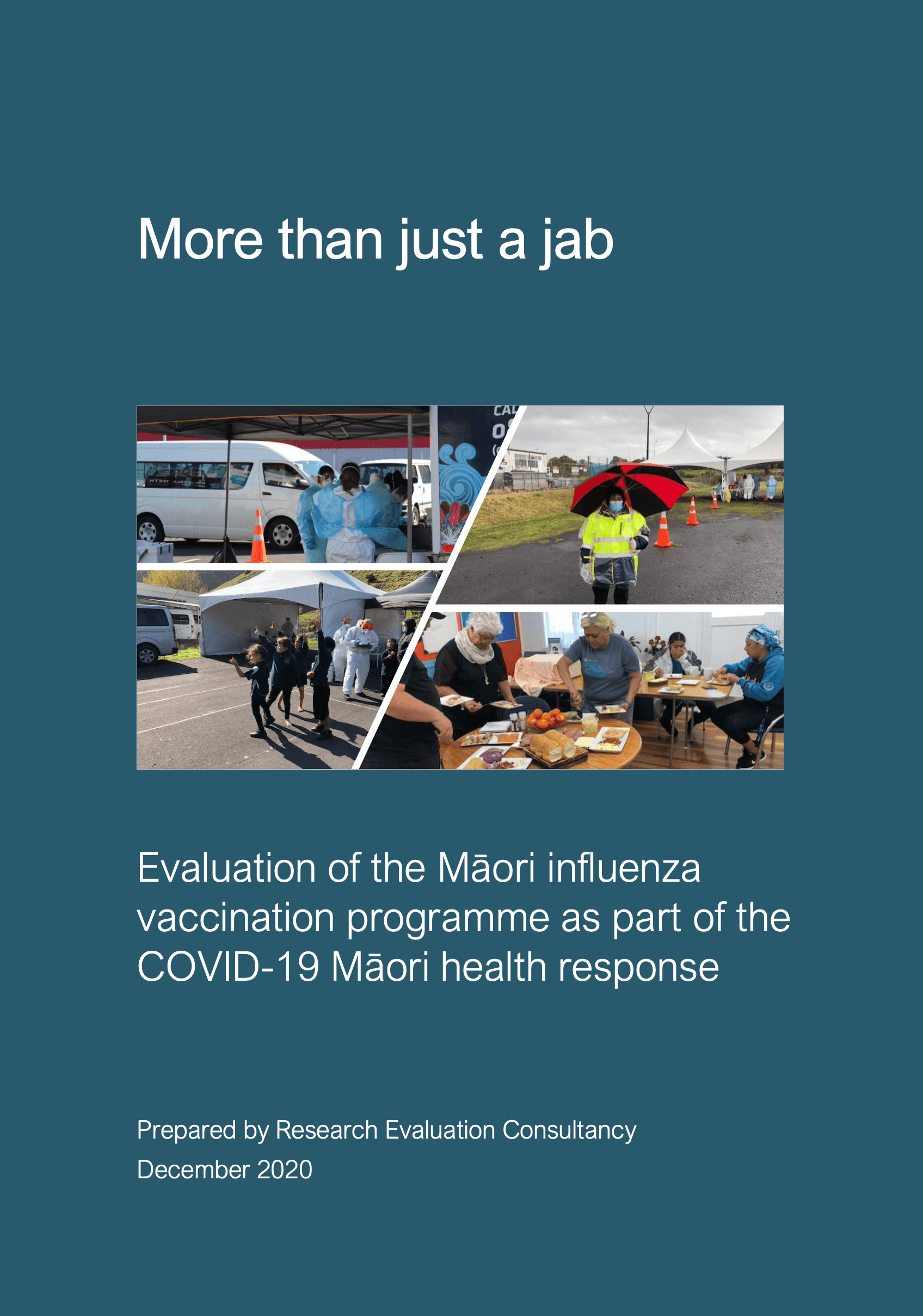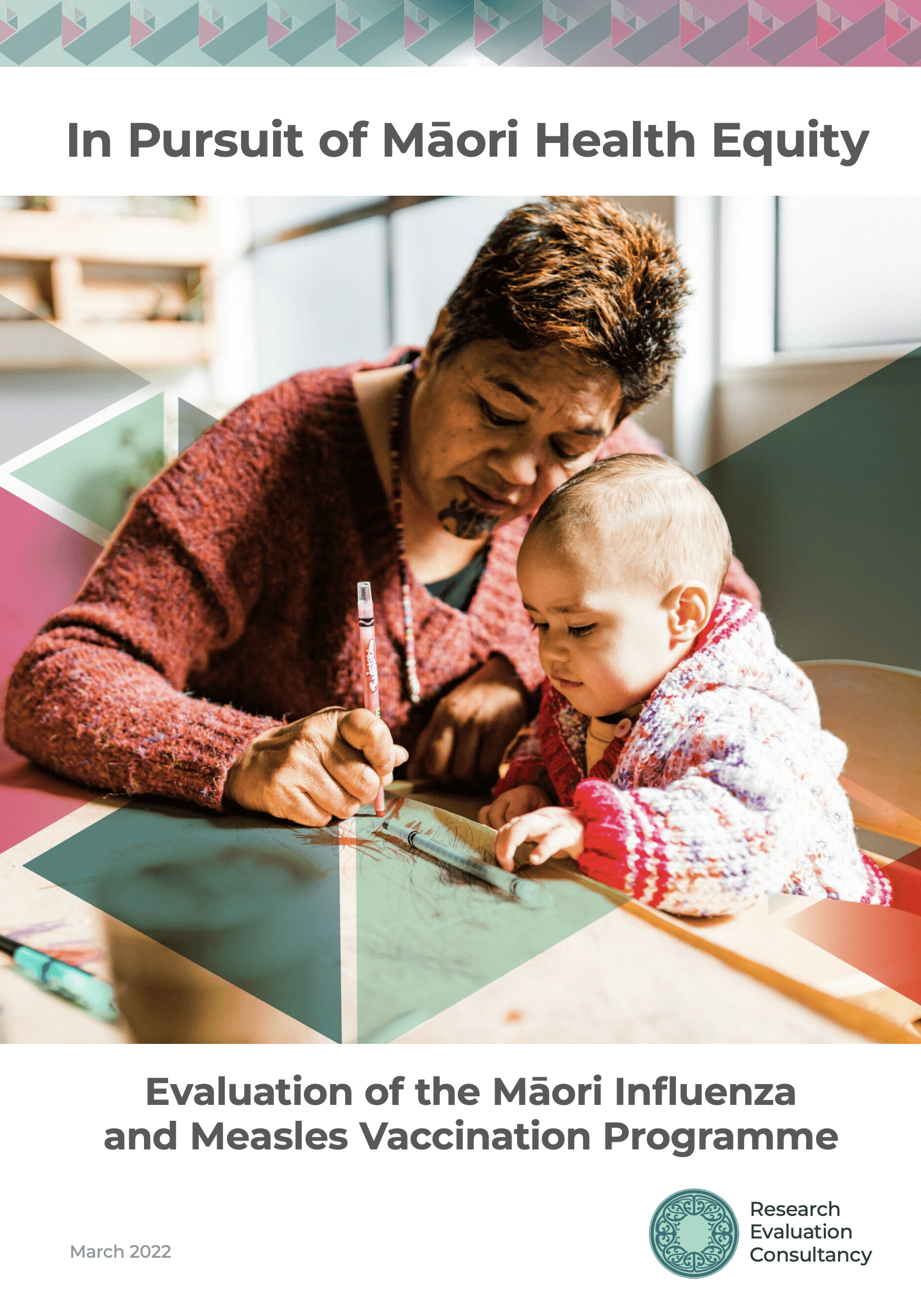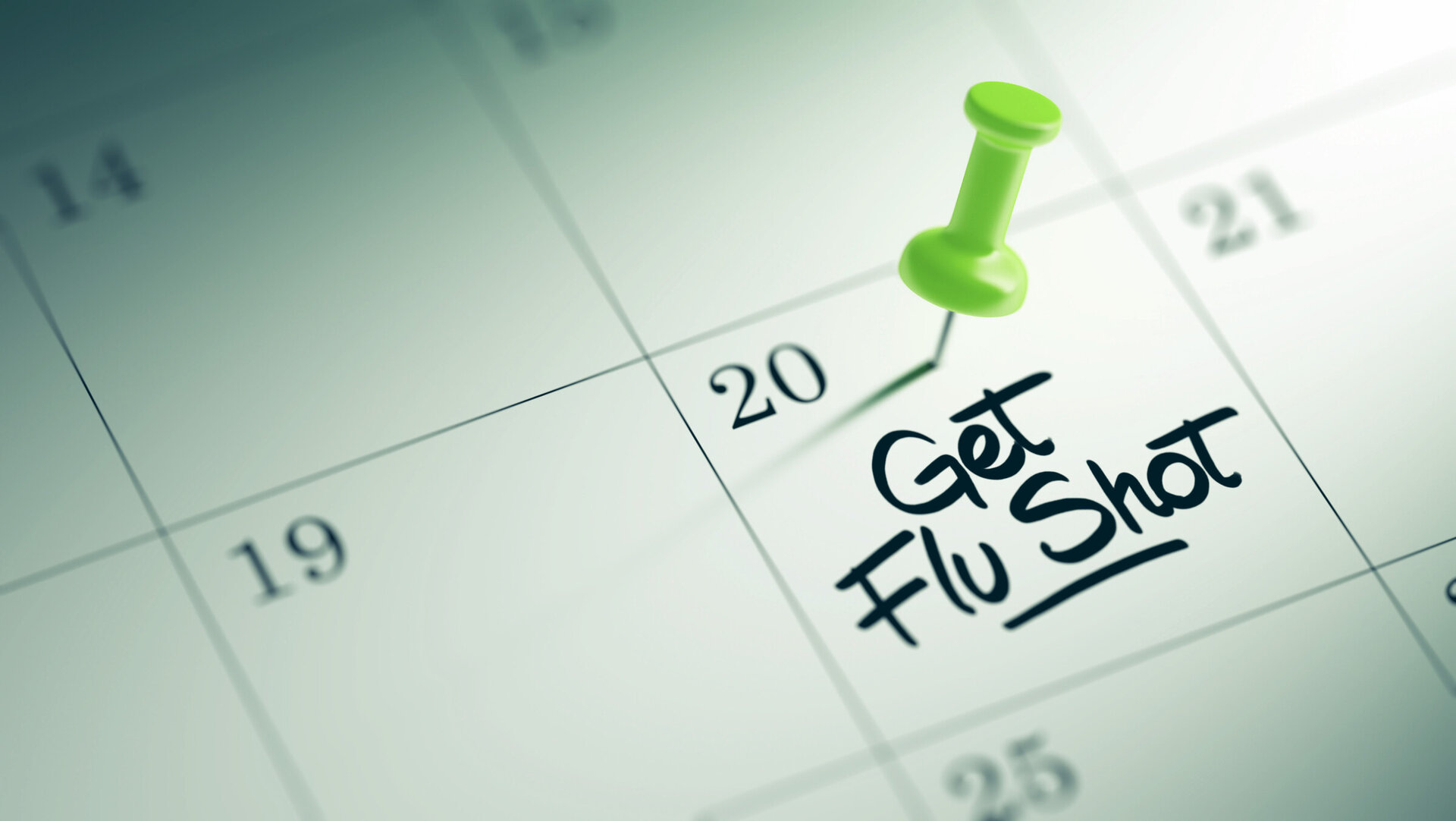More than just a jab
Evaluation of the Māori influenza vaccination programme as part of the COVID-19 Māori health response
The Ministry of Health developed the 2020 Māori Influenza Vaccination Programme (MIVP) in response to COVID-19. The programme aimed to increase access to the influenza (flu) vaccine for vulnerable Māori groups entitled to free vaccinations, particularly kaumātua over 65 years. Improving equity for Māori was a core programme objective.
The Māori Influenza Vaccination Programme made a valuable contribution to improving Māori influenza vaccination equity rates.
In summary:
- NIR recorded significantly higher vaccination rates for Māori than in previous years
- Influenza vaccination rates for Māori 65+ increased from 46 percent in 2019 to 59 percent in 2020. This was significant given the small improvement observed between 2015 and 2019
- The overall influenza equity gap for Māori 65+ reduced in 2020 from -12.1 percent to -8.4 percent.
While some of this improvement will be due to COVID-19, the evidence suggests that the MIVP also contributed.
The evaluation identified three core strategies that made a difference for whānau Māori:
- mobilising services to go into the community
- taking a whānau-centred approach
- focusing on Māori workforce capability and capacity.
Additional strategies include the need to identify and respond to barriers while considering the local context and being diverse in the design and delivery of services.
Evaluation of the Māori influenza vaccination programme as part of the COVID-19 Māori health response

In Pursuit of Māori Health Equity Evaluation of the Māori Influenza and Measles Vaccination Programme
The Ministry of Health funded Māori Influenza and Measles Vaccination Programme (2021) builds on the successful 2020 Māori Influenza Vaccination Programme. It aimed to increase Māori influenza and measles vaccination rates.
The Māori Influenza and Measles Vaccination Programme (2021) made a valuable and worthwhile contribution to Māori health equity. While the overall flu vaccination rates and equity rates were lower than 2020, the rates achieved were still a notable improvement on 2019 and previous years.
In addition, providers built on the learnings and capacity developed through 2020 programme and were applying these strategies as part of their COVID-19 activities. New relationships and ways of working also emerged.
To support increased immunisation and vaccination rates the evaluation recommended:
- elevating a whānau-centred, holistic approach as essential for Māori health equity
- affirming Māori health providers as crucial to engaging with Māori in the pursuit of equity
- highlighting Māori provider-led service design as critical within a whānau-centred approach
- identifying the need for the Ministry, HNZ and MHA to develop the capacity to engage, contract and fund Māori health providers directly.
In Pursuit of Māori Health Equity Evaluation of the Māori Influenza and Measles Vaccination Programme



